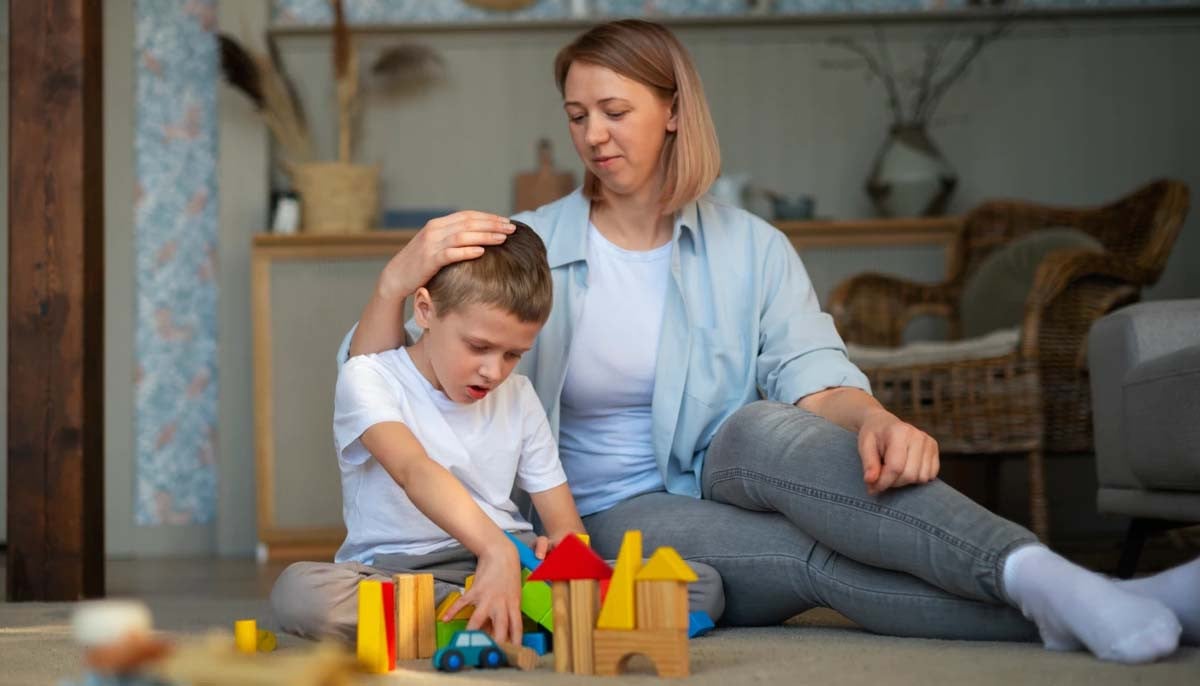How to cope up with social anxiety
Social anxiety tends to affect people's daily life interactions
The persistent fear of embarrassment, condemnation, or humiliation in social settings is known as social anxiety disorder.
Extreme anxiety that interferes with everyday functioning or parts of life, such as relationships or employment, is a defining feature of this condition among its sufferers. Social phobia was the previous term for social anxiety disorder, according to Health.
In any given year, about 7% of adult Americans suffer with social anxiety disorder. After particular phobia, this disorder is the second most often diagnosed anxiety disorder.
Reducing symptoms is the aim of treatment in order to improve functioning both before and during social situations. A medical professional will describe two possible therapy categories and provide suggestions based on the severity of the symptoms. They are as follows:
Talking to a mental health expert can help you develop new ways of thinking about and handling circumstances that cause anxiety. This is known as cognitive behavioural therapy, or CBT.
In addition, systematic desensitisation, also known as exposure therapy, is a type of cognitive behavioural therapy (CBT) in which patients learn how to be at ease in social settings and are then gradually challenged to put the skills into practice in real life.
Second therapy is called social skills training. In this kind of treatment, patients role-play social interactions. They do this by carrying out this action in a group.
-
Antioxidants found to be protective agents against cognitive decline
-
Coffee reduces cancer risk, research suggests
-
Keto diet emerges as key to Alzheimer's cure
-
What you need to know about ischemic stroke
-
Shocking reason behind type 2 diabetes revealed by scientists
-
Simple 'finger test' unveils lung cancer diagnosis
-
Groundbreaking treatment for sepsis emerges in new study
-
All you need to know guide to rosacea
_updates.jpg)











